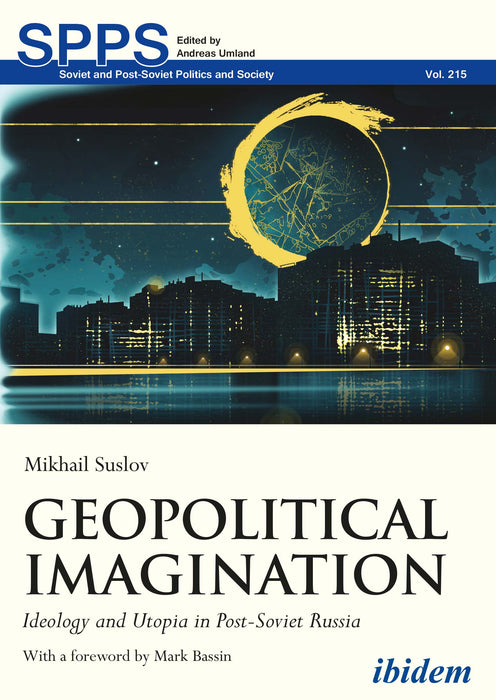
Geopolitical Imagination
By (author): Mikhail Suslov
Published
by ibidem
In Stock
Original price
£31.00
Current price
£20.15
ISBN: 9783838213613
Paperback
302 Pages
Subjects:
Political science & theory
